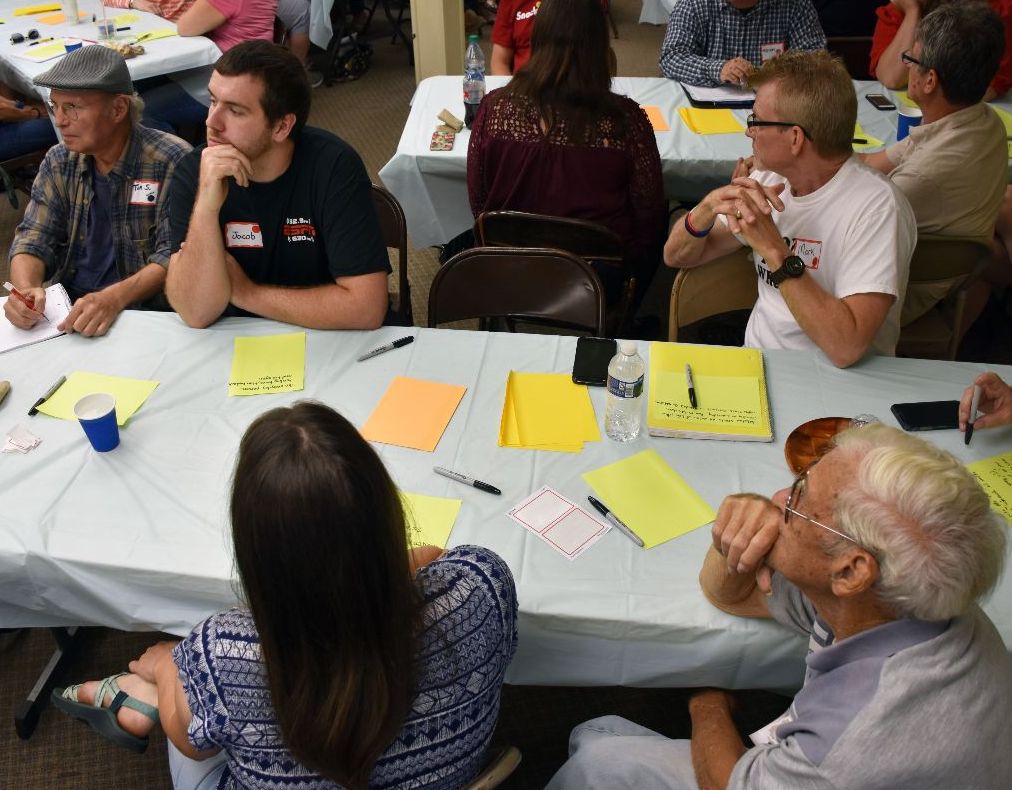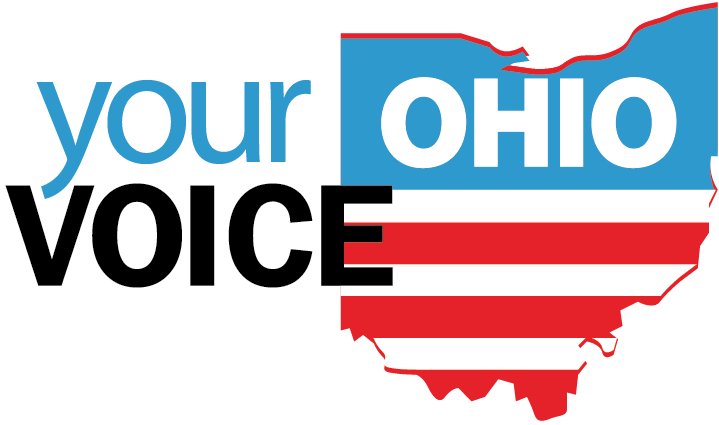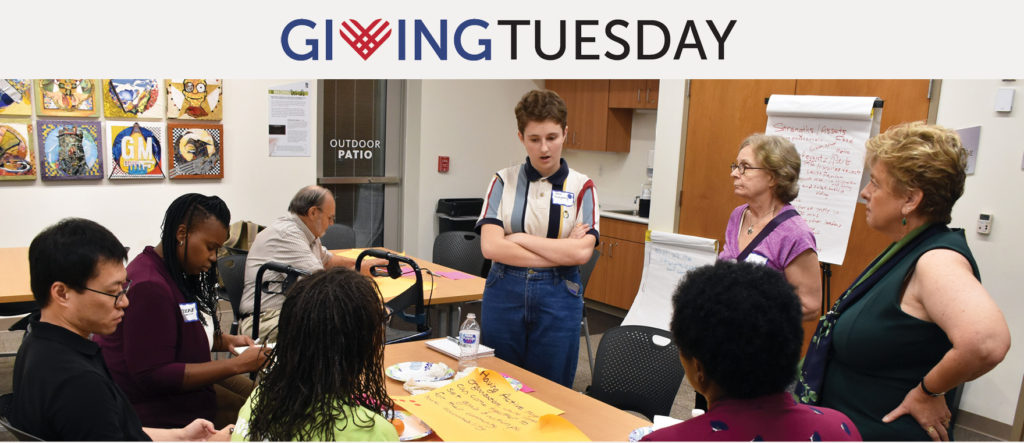As an Ohio journalist for nearly five decades, I’ve always searched for new ways to engage with people to better understand the issues they face. The reason for that engagement is that people are often lost in community coverage because they’re complex and they lead lives very different from the inner circles where journalists tend to be. It’s easier to focus on government, institutions and leaders, but what’s lost is the diversity of thousands of Ohioans who successfully navigate perils every day.
In the midst of a project a few years ago in which my news organization was exploring the growing difficulty people experienced in discussing critical issues, I crossed paths with the Jefferson Center, a civic engagement organization that came to town to consider some of the same questions: How can people find ways to identify common concerns and solutions to sticky problems?
Over time and through numerous meetings – held in locations as varied as the newsroom to the pub – we cemented a relationship that has been instrumental in helping journalists across Ohio experiment with new ways to understand the complexity of life in Ohio and to reframe our understanding of holding leadership accountable.
Jefferson Center leaders secure Your Voice Ohio funding, convene news outlets for check-ins, design our engagement, maintain our social media presence and much more. They are the heartbeat of Your Voice Ohio, and have equipped me to join many of you in this journey of redefining our work – if not save it.
An example: In July 2018, after two weeks criss-crossing Ohio on I-70 dodging tractor-trailer rigs, I facilitated my first community conversation on addiction. Usually that was left up to the Jefferson Center’s program director, Andrew Rockway.
I was on my own as almost 60 people gathered in Marietta to discuss the crisis, including families struggling with addiction, judges, candidates, probation officers, lawyers, teachers, and medical professionals. They had come to grips with something other communities had not: that the pharmaceutical industry had targeted the Valley, offering pills to ease the pains of plummeting incomes and loss of jobs.

But then they went to work. They spent much of the meeting brainstorming solutions on which they could act. People spilled into the parking lot and lingered awhile, hugging and discussing what would come next. One participant shared: “I learned how much our community cares about each other and the future of our community. WE all can and are willing to fix this.”
They did just that: After Janelle Patterson, a journalist for the Marietta Times, heard from attendees that the local crisis hotline was ineffective, she published a story about her experience calling in, which prompted local health officials to improve the line. A judicial candidate who attended and won election that fall launched a special court service for people struggling with substance use disorder.
We want to continue to bring this kind of transformative experience across Ohio, giving people and journalists the chance to come together, see each other’s perspectives, and improve their communities. We wouldn’t be here without your participation and support.
But renting meeting venues, buying food and supplies for engagement and travel across the state come at a cost. Now through next Tuesday, December 3rd, we’re seeking your help.
If you give to Your Voice Ohio between now and December 3rd, the first $1,000 donated will be matched.
If you had an experience like the folks in Marietta, and want to continue creating a more vibrant Ohio, I hope you consider supporting this work.
Thank you,

Doug Oplinger, Project Manager





